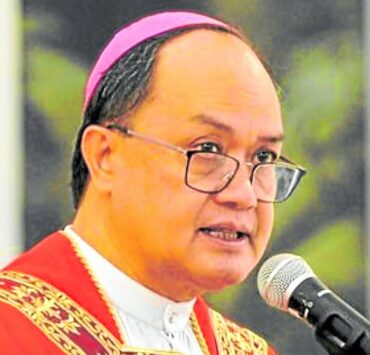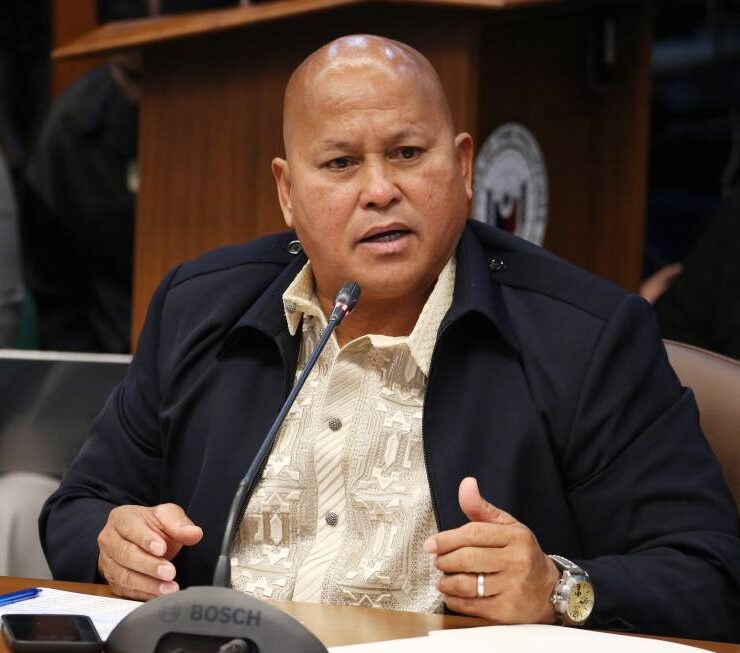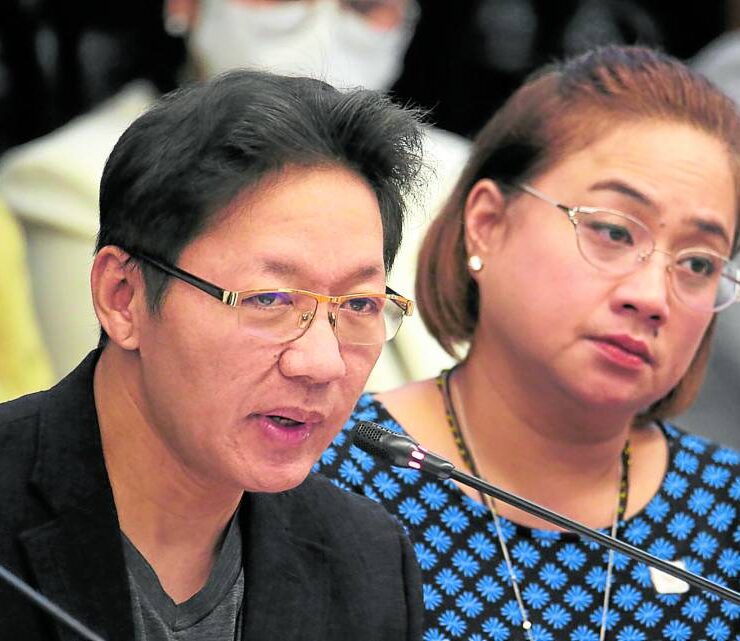Biggest flood of protests yet under Marcos Jr.
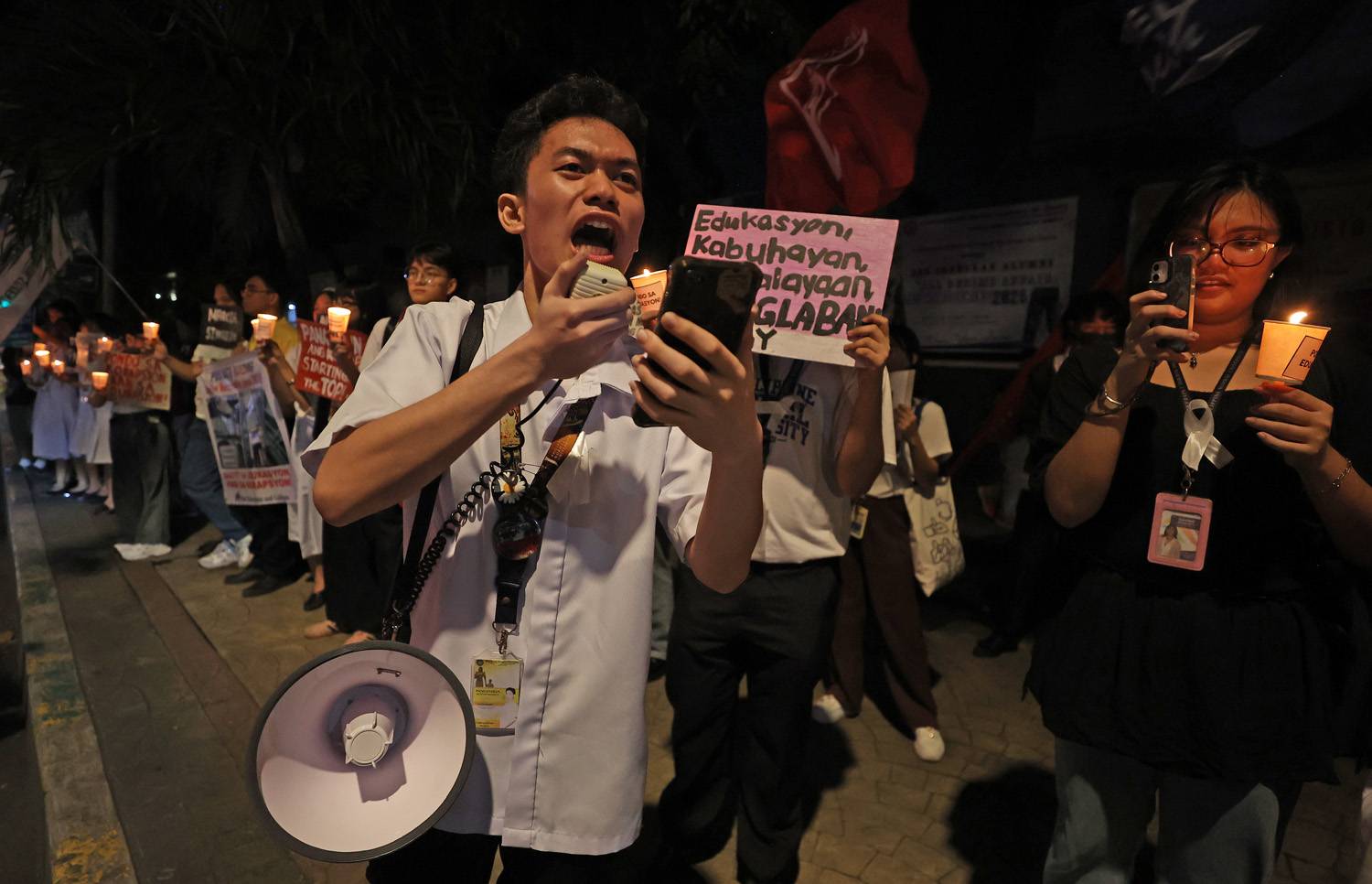
Calls for accountability over allegations of systemic corruption in public works projects are set to swell into mass demonstrations today, as a diverse coalition of civil society groups, political and religious organizations, student and cultural movements—and private citizens speaking out as aggrieved flood victims—converge in Metro Manila and more than 20 other urban centers across the country.
The gatherings are expected to generate the biggest wave of street protests yet under President Marcos, and are also timed with their bitter remembrance of his father’s declaration of martial law 54 years ago.
2 main branches
In the nation’s capital, participants are assembling in various locations in the early morning before they form two main branches: one including the Bagong Alyansang Makabayan and marching to Rizal Park in Manila, and the other involving the Akbayan party list group and holding its main rally at the People Power Monument on Edsa.
After their program, the groups in Rizal Park will eventually join the Edsa gathering, according to Bayan secretary general Teddy Casiño.
“Whether you’re in Luneta or Edsa, or other regions in the country, the common message is that people want an end to corruption and they want accountability now,” Bayan president Renato Reyes told the Inquirer on Saturday.
The rally in Manila dubbed “Baha sa Luneta: Aksyon Laban sa Korapsyon” is expected to start at 9 a.m. For this movement, the component groups call themselves the Taumbayan Ayaw sa Magnanakaw at Abusado Network Alliance, or Tama Na (Filipino for “enough”).
Expected to attend are House members from the Makabayan bloc, namely ACT Teachers Rep. Antonio Tinio, Kabataan Rep. Renee Co, and Gabriela Rep. Sarah Elago; Mamamayang Liberal Rep. Leila de Lima, San Carlos Bishop Gerardo Alminaza, activist-nun Sr. Mary John Mananzan, film director Joel Lamangan, and Karapatan secretary general Cristina Palabay.
Flood victims from Quezon City, Manila, Navotas, Malabon and Bulacan are expected to join and recount their hardships onstage, stressing “the ultimate responsibility of the President as chief proponent and implementer of the national budget,” Reyes said.
“From our end, criticizing Marcos is not an endorsement of (Vice President Sara) Duterte. They are both part of a rotten system of bureaucrat capitalism which has to end. It’s time to look at the bigger picture, the problem is systemic and it is the people, not the politicians, who can put an end to this system,” Reyes said.
Tama Na convenor David San Juan said they “reject the narratives being imposed on the Luneta and the Edsa rallies that we have to choose between politicians.”
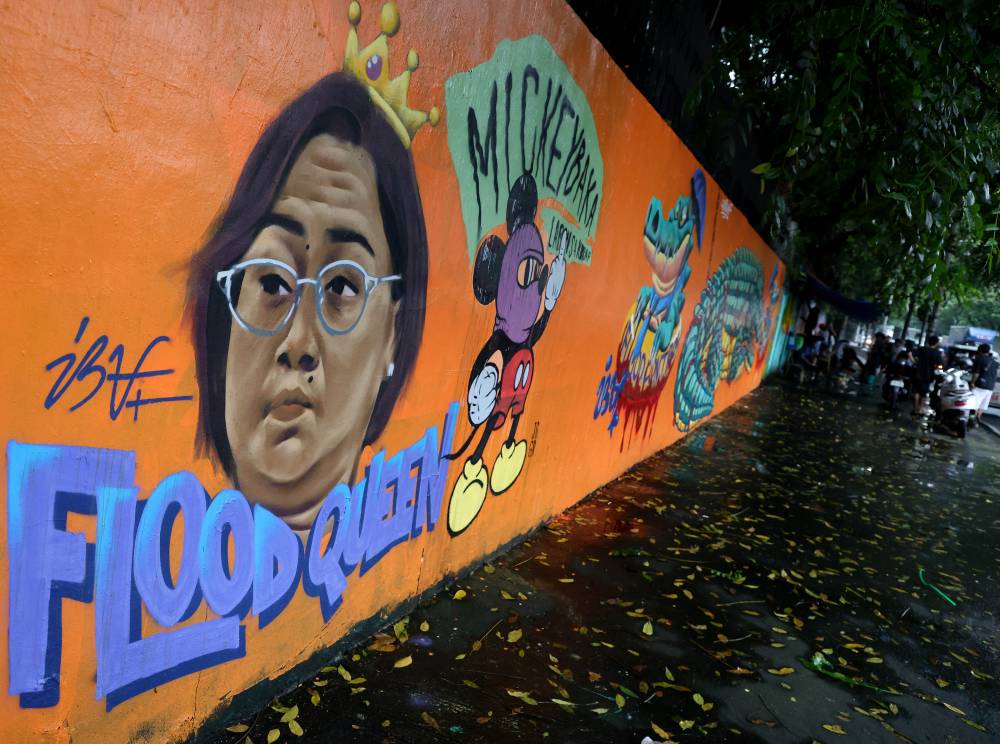
No one gets away
Meanwhile, the “Trillion Peso March” set at 2 p.m. at the Edsa People Power Monument will be led by Tindig Pilipinas, Catholic Educational Association of the Philippines, Clergy for Good Governance, and other religious groups.
Tindig Pilipinas convenor Kiko Aquino-Dee, nephew of former President Benigno “Noynoy” Aquino III, stressed that the main call for the protest is that “no politician or administration should escape investigation into the flood control anomalies.”
Akbayan Rep. Chel Diokno stressed that the Filipino people “cannot allow those behind this scandal to get away. We must all ensure that they are punished and placed behind bars for their actions.”
Diokno underscored the significance of the protests timed with the remembrance of martial law, saying it should be a reminder that corruption and abuse of power thrive amid silence and apathy.
‘Not signs of division’
Fellow Akbayan Rep. Perci Cendaña, also explained: “The multitude and simultaneous protests (today) are not signs of division … The locations of the protests are secondary to the overall struggle. The important thing is that the people are rising and ready to end the system of corruption in the country.”
Public outrage leading to today’s rallies gained traction especially after President Marcos presented last month a list showing that only 15 private contractors had cornered the bulk of flood control projects in the country in his three years in office.
Subsequent investigations and inspections of the projects revealed that they were either built shoddily or left unfinished yet declared “completed” on paper—the kind notoriously called “ghost projects.”
The inquiries also heard allegations or virtual confessions of corruption made possible by the collusion among the private contractors, officials of the Department of Public Works and Highways, and lawmakers who maneuvered to ensure hefty funding for the projects from which they could draw kickbacks.
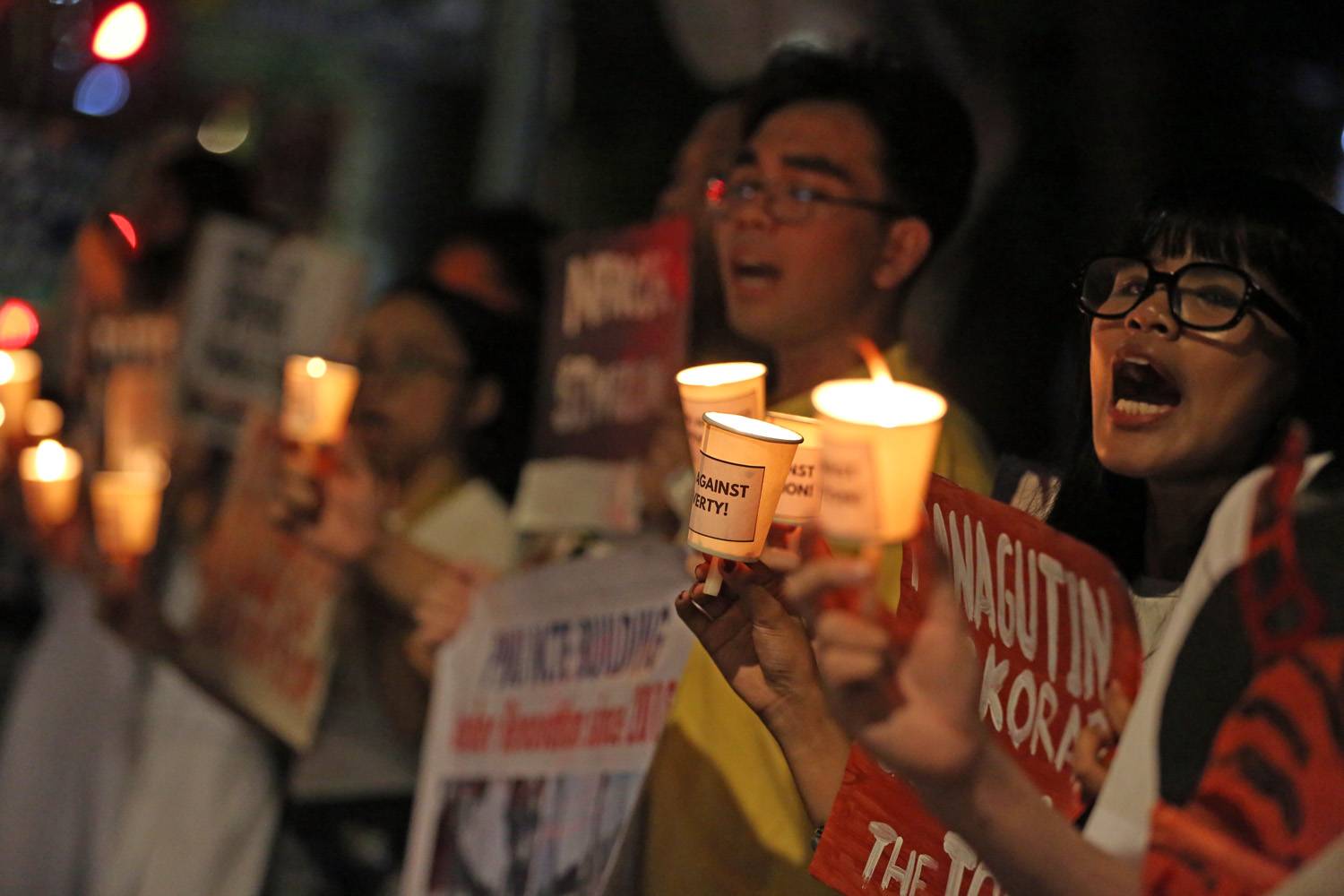
Palace support, warning
During a recent hearing of the Senate blue ribbon committee, Public Works Secretary Vince Dizon estimated the losses to corruption through such long-unchecked schemes to be in the trillions of pesos.
Malacañang on Saturday reiterated President Marcos’ statement of support for today’s protest actions, but stressed that they should remain nonviolent and within legal bounds.
“President Marcos Jr. will always respect human rights. People are free to express their sentiments as long as they do not violate the provisions of the law,” Palace press officer Claire Castro said.
“The President hears and feels the people’s frustration, and he shares in that sentiment,” she added.
Expected to be mentioned prominently in the speeches today is the Independent Commission for Infrastucture (ICI), the body created by the President to investigate and help build up criminal cases over the flood control project anomalies.
Castro warned today’s protesters that certain forces, which she didn’t name, “may try to exploit this legitimate cause for their own personal interests and to undermine the government.”
“The President urges everyone to be discerning and vigilant,” the Palace spokesperson stressed.
Mr. Marcos last week said he shared the public’s frustration and anger, and that he would actually join the marches if he were not President.
The human rights group Karapatan advised protesters to assert their rights and withhold any information demanded by authorities in case they are arrested without a warrant or questioned without cause.
‘Paralegal bust card’
Karapatan issued a “paralegal bust card” to remind them to “stay calm” and “demand to be given access to a phone” if threatened with arrest by the police.
“A person arrested without a warrant must be presented to an inquest fiscal and the inquest proceedings must be terminated within (specific) periods … otherwise, the detention becomes illegal and the person arrested is entitled to release,” the group said.
Karapatan cited the offenses they may be accused of and the limited time period within which the inquest may be legally conducted: 12 hours for “light” offenses, such as vandalism and other acts where the penalty is not more than a month in prison; 18 hours for “less grave” offenses, such as direct assault and other acts penalized with less than six years of imprisonment; and 36 hours for “grave” offenses, such as sedition or rebellion.
The arrested person is entitled to make a call to relatives, lawyers or human rights groups, and maintain the right not to answer any questions, including those intended to elicit statements on record.
He or she may also reject the services of the lawyer provided by the police, refuse to be photographed or have fingerprints taken, be subjected to a body search, or be forced to do an act “which tends to incriminate” the arrested person.














